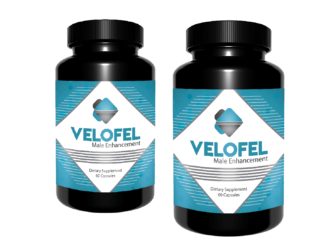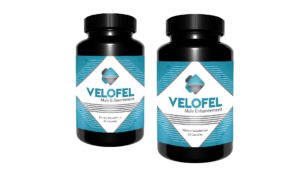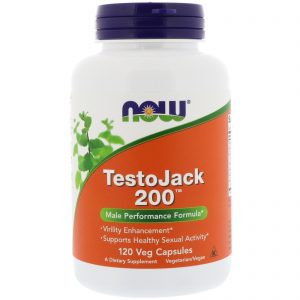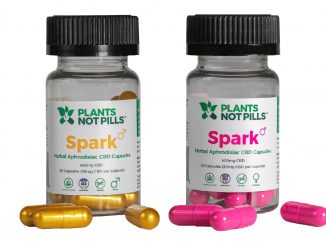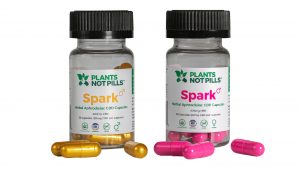The properties of Tongkat Ali
Eurycoma longifolia (commonly called tongkat ali or pasak bumi or malaysian ginseng) is a flowering plant in the family Simaroubaceae. It is native to Indochina (Cambodia, Laos, Malaya, Myanmar, Thailand and Vietnam) and the islands of Borneo and Sumatra, but has also been found in the Philippines. The plant is a medium-sized slender shrub that can reach 10 m (33 ft) in height, and is often unbranched. The root of the plant has been used in folk medicine of the South East Asian region, and in modern times has common use as supplements, as well as food and drink additives.
Eurycoma longifolia has been reported to contain the glycoprotein compounds eurycomanol, eurycomanone, and eurycomalactone.
Eurycoma Longifolia has been well recognized as a booster of male sexual health. Over the past few decades, numerous in vivo animal studies and human clinical trials have been conducted across the globe to explore the promising role of Eurycoma Longifolia in managing various male sexual disorders, which include erectile dysfunction, male infertility, low libido, and downregulated testosterone levels.
Decoctions of Eurycoma Longifolia leaves are used for washing itches, while its fruits are used in curing dysentery. Its bark is mostly used as a vermifuge, while the taproots are used to treat high blood pressure, and the root bark is used for the treatment of diarrhea and fever. Mostly, the roots extract of Eurycoma Longifolia are used as folk medicine for sexual dysfunction, aging, malaria, cancer, diabetes, anxiety, aches, constipation, exercise recovery, fever, increased energy, increased strength, leukemia, osteoporosis, stress, syphilis and glandular swelling. The roots are also used as an aphrodisiac, antibiotic, appetite stimulant and health supplement.


























































